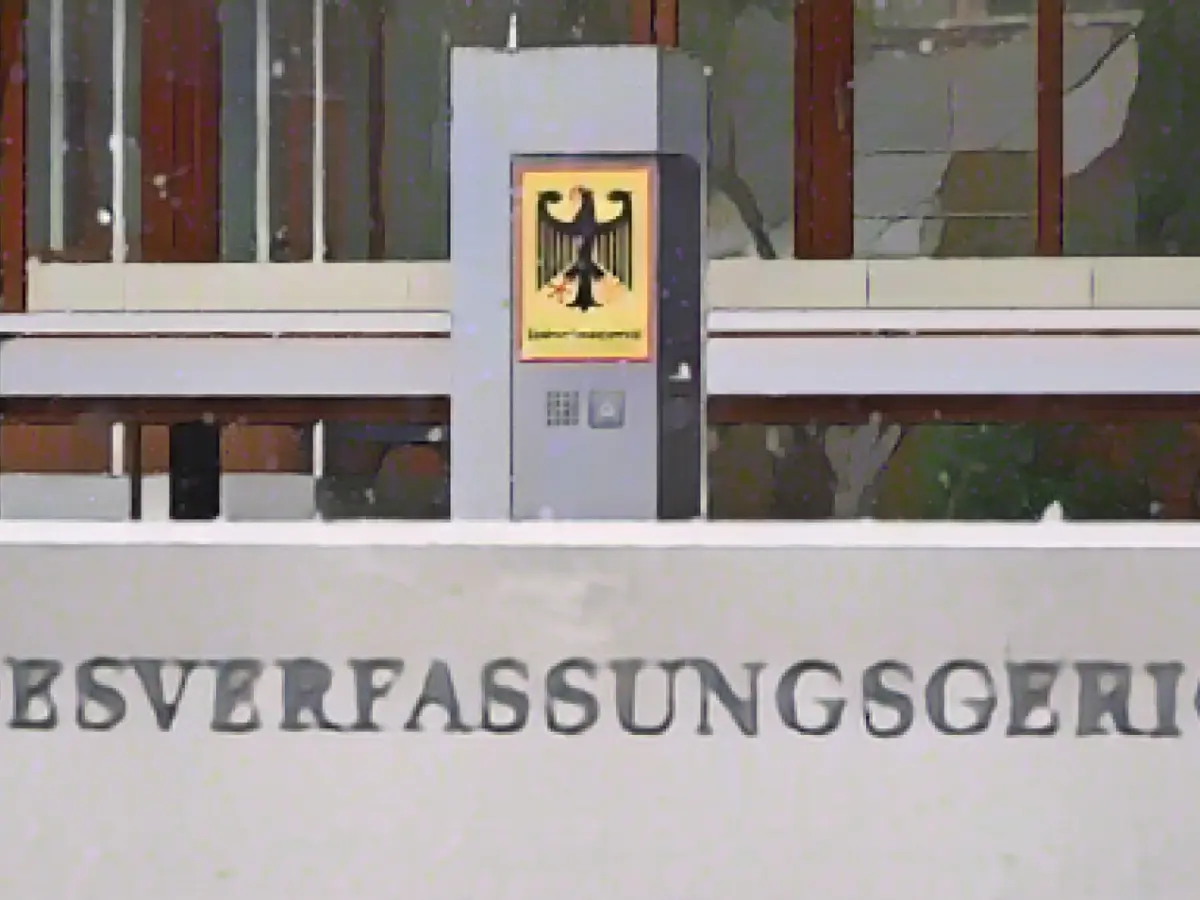Title: The Line Between Security and Privacy: Allegations Against BKA in Terrorism Cases
Lately, the Federal Criminal Police Office (BKA) has participated in intense operations against terrorism alongside law enforcement. However, the Constitutional Court in Karlsruhe is now investigating whether the BKA's far-reaching powers against terrorism could infringe on citizens' fundamental rights.
The current hearing, taking place in Karlsruhe, seeks to clarify matters concerning data collection, processing, data retention, and the BKA's deletion practices. In the spotlight is also the secret surveillance of suspects' contacts. A verdict is not expected for many months (Ref. 1 BvR 1160/19).
Accusations: A Wide Net for Data Gathering
The Gesellschaft für Freiheitsrechte (GFF), a non-profit organization, has lodged a constitutional complaint against the BKA Act, which was amended in 2017. They claim that the investigating authorities' extensive powers pose a threat to citizens' privacy. In some cases, people who have merely come into contact with a suspect could find themselves under close surveillance measures.
Part of the GFF's critical commentary focuses on the potential for sensitive personal data to be massively stored based on vague indications or simple suspicions. "As a result, all-encompassing personality profiles of individuals who have never been implicated in any wrongdoing could be generated and stored indefinitely," GFF points out.
The GFF calls for specific constitutional rules for data acquisition and storage by the BKA. They even urge the court to define these requirements more precisely and to minimize the number of individuals that enter these databases unnecessarily.
Previously Challenged Powers of BKA
Previously, Germany's highest court has tackled similar issues. In 2016, the Federal Constitutional Court imposed new limitations on security authorities' abilities to combat terrorism and declared some of the BKA's extended powers against terrorism as unconstitutional (Ref. 1 BvR 966/09, 1 BvR 1140/09).
The court ruled that some of the BKA's extensive tactics, such as bugging homes and installing cameras, were compatible with fundamental rights under certain circumstances. Notably, the importance of combating terrorism for democracy and fundamental rights was acknowledged by the court.
However, it also identified flaws in the legislator's design, particularly inadequate safeguards of private life in some instances. In these circumstances, the court outlined stringent requirements for home surveillance and online searches. Furthermore, the court specified clear conditions for the sharing of data with other domestic and international authorities.
A 'Grey Area' in Legal Adjustments
As the result of the 2016 ruling, changes were made to the BKA Act, which came into force in May 2018. Despite these modifications, the GFF raises concerns regarding loopholes that have not yet been clarified (Refer to the GFF’s constitutional complaint).
In addition to the two lawyers, the GFF represents two soccer fans who were added to police databases, along with a communication scientist and activist.
Key Insights:
- The BKA, a crucial player in the battle against terrorism, operates alongside the police in Germany to monitor and limit the spread of terrorism.
- The Gesellschaft für Freiheitsrechte (GFF) has alleged that the BKA's powers violate the fundamental rights of innocent citizens.
- The GFF argues that the misuse of these extensive powers may result in the creation of extensive personality profiles of individuals who have not committed any wrongdoing.
- The BKA has been authorized to undertake measures such as bugging homes and using Trojans since 2009, which raises concerns about striking the right balance between investigative powers and privacy protections.
- The German court has recognized that these measures are crucial in the fight against terrorism but has also identified certain weaknesses in the legislator's design that must be addressed.
References:
[1 BvR 1160/19] [German Federal Office for the Protection of the Constitution]








